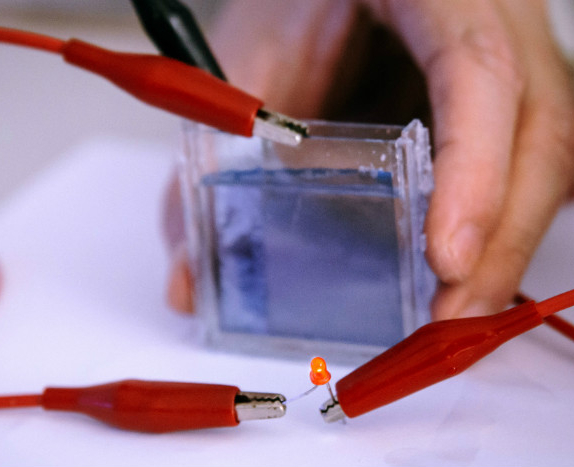Smart window offers double take
 Engineers in Singapore have unveiled ‘smart window’ technology, which can adjust its tint to lighting conditions and gather electricity at the same time.
Engineers in Singapore have unveiled ‘smart window’ technology, which can adjust its tint to lighting conditions and gather electricity at the same time.
The School of Electrical and Electronic Engineering at Nanyang Technological University (NTU) in Singapore says the futuristic window can darken or brighten without the need for electricity, and can store power like a rechargeable battery as well.
The window is designed to take on a cool blue tint in daylight, halving the amount of light penetration, but then reverts to clear glass at night or to let light in during the day.
Sunlight penetration is a big factor in both cooling and lighting costs, so the aim of this new development is to intelligently adjust the amount of sunlight coming in without making environmental compromises.
“Our new smart electrochromic window is bi-functional; it is also a transparent battery,” says NTU professor Sun Xiaowei, who led the research project.
“It charges up and turns blue when there is oxygen present in the electrolyte – in other words, it breathes.”
The high-tech electrolyte is sandwiched in a liquid form between two glass sheets coated with indium tin oxide.
Over one glass sheet sits a layer of pigment called Prussian Blue, while the other side is connected to a thin strip of aluminium foil. The blue pigment gives the glass its tint when fully charged.
Normal electrical cables form a circuit between the two sheets, which triggers a chemical reaction between the pigment and the dissolved oxygen in the electrolyte when it is broken. This turns the glass blue, but when the electrical circuit is closed (to discharge the battery) the tint reverts to a colourless state.
“Our technology is very attractive as a zero-sum consumption smart window. Buildings owners and even common households can reap energy savings right from the outset and over the long term. Developers who are looking at constructing environmentally-friendly green buildings will find our technology attractive for their building plans,” said Sun.
The NTU research team has begin the search for industry partners to help commercialise the technology.







 Print
Print